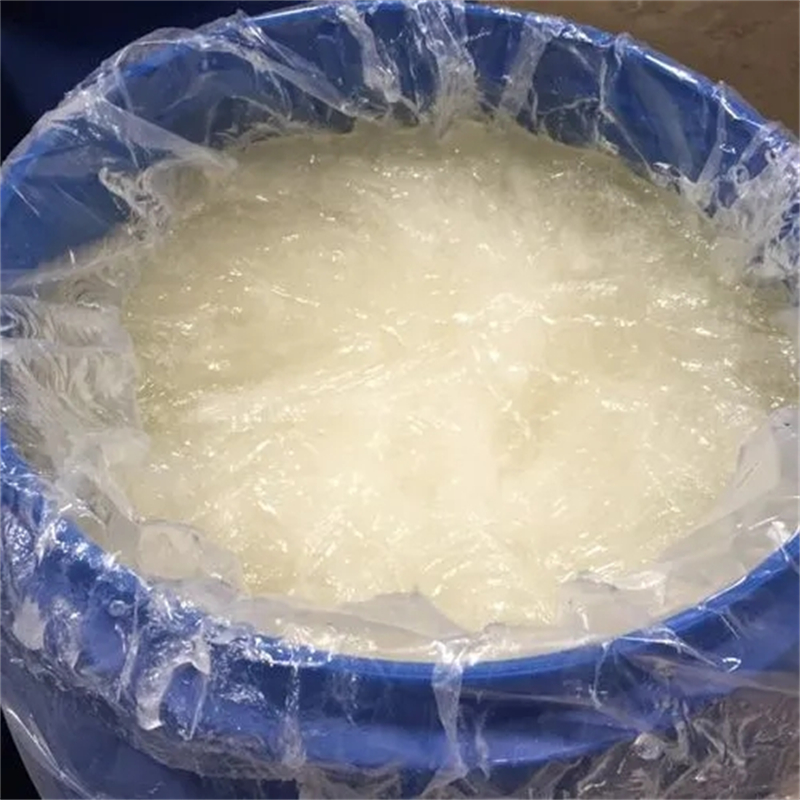Warning: Undefined array key "title" in /home/www/wwwroot/HTML/www.exportstart.com/wp-content/themes/1198/header.php on line 6
Warning: Undefined array key "file" in /home/www/wwwroot/HTML/www.exportstart.com/wp-content/themes/1198/header.php on line 7
Warning: Undefined array key "title" in /home/www/wwwroot/HTML/www.exportstart.com/wp-content/themes/1198/header.php on line 7
Warning: Undefined array key "title" in /home/www/wwwroot/HTML/www.exportstart.com/wp-content/themes/1198/header.php on line 7
- Afrikaans
- Albanian
- Amharic
- Arabic
- Armenian
- Azerbaijani
- Basque
- Belarusian
- Bengali
- Bosnian
- Bulgarian
- Catalan
- Cebuano
- China
- China (Taiwan)
- Corsican
- Croatian
- Czech
- Danish
- Dutch
- English
- Esperanto
- Estonian
- Finnish
- French
- Frisian
- Galician
- Georgian
- German
- Greek
- Gujarati
- Haitian Creole
- hausa
- hawaiian
- Hebrew
- Hindi
- Miao
- Hungarian
- Icelandic
- igbo
- Indonesian
- irish
- Italian
- Japanese
- Javanese
- Kannada
- kazakh
- Khmer
- Rwandese
- Korean
- Kurdish
- Kyrgyz
- Lao
- Latin
- Latvian
- Lithuanian
- Luxembourgish
- Macedonian
- Malgashi
- Malay
- Malayalam
- Maltese
- Maori
- Marathi
- Mongolian
- Myanmar
- Nepali
- Norwegian
- Norwegian
- Occitan
- Pashto
- Persian
- Polish
- Portuguese
- Punjabi
- Romanian
- Russian
- Samoan
- Scottish Gaelic
- Serbian
- Sesotho
- Shona
- Sindhi
- Sinhala
- Slovak
- Slovenian
- Somali
- Spanish
- Sundanese
- Swahili
- Swedish
- Tagalog
- Tajik
- Tamil
- Tatar
- Telugu
- Thai
- Turkish
- Turkmen
- Ukrainian
- Urdu
- Uighur
- Uzbek
- Vietnamese
- Welsh
- Bantu
- Yiddish
- Yoruba
- Zulu
Aug . 14, 2024 18:55 Back to list
Exploring the Effects and Controversies Surrounding Aspartame in Modern Food and Beverage Products
The Sweet Debate Understanding Aspartame
Aspartame is a low-calorie artificial sweetener that has sparked extensive debate and research since its approval for use in food products in the early 1980s. Comprising two amino acids—phenylalanine and aspartic acid—along with a small amount of methanol, aspartame is approximately 200 times sweeter than sucrose (table sugar). This remarkable sweetness allows food manufacturers to reduce calorie content in a variety of products without compromising flavor, making it appealing for those seeking to manage weight or sugar intake.
The Role of Aspartame in Diet and Industry
Aspartame is widely used in diet sodas, sugar-free gum, sugar substitutes, and many low-calorie and reduced-sugar food items. Its ability to mimic the taste of sugar without the accompanying calories has made it a favorite among consumers looking to cut calories without sacrificing sweetness. In addition to its popularity in personal diets, aspartame has become a staple in the food industry, with numerous products on grocery shelves bearing labels indicating their 'sugar-free' or 'diet' status.
Health Concerns and Regulatory Assessment
Despite its widespread use, aspartame has been at the center of health-related controversies. Numerous studies and reports over the years have raised questions about its safety, with some alleging potential links to health issues such as cancer, neurological disorders, and other adverse effects. However, major health organizations, including the U.S. Food and Drug Administration (FDA), the European Food Safety Authority (EFSA), and the World Health Organization (WHO), have conducted extensive reviews of aspartame's safety.
These organizations have found that aspartame is safe for human consumption within established acceptable daily intake (ADI) limits. The FDA initially approved aspartame in 1981, and subsequent evaluations have consistently reaffirmed its safety. The established ADI for aspartame is 50 milligrams per kilogram of body weight in the U.S. For perspective, an average adult would need to consume an impractically large amount of aspartame-laden products to reach this limit.
tab aspartame

Phenylketonuria and Special Considerations
While aspartame is considered safe for the general population, there is an important caveat. Individuals with a rare hereditary disease called phenylketonuria (PKU) must avoid aspartame because their bodies cannot metabolize phenylalanine properly, leading to potentially serious health complications. Products containing aspartame are required to carry warning labels to inform those who are susceptible to the condition.
The Future of Aspartame
As public awareness of dietary choices continues to evolve, so too does the landscape of artificial sweeteners. Although aspartame remains widely used, some consumers are shifting towards natural sweeteners, prompting ongoing research into alternatives. This evolution in consumer preferences may shape the future of aspartame and other synthetic sweeteners in the market.
Moreover, as new studies emerge and public perception of food additives continues to change, the conversation about aspartame will remain dynamic. As researchers delve deeper into understanding how various sweeteners interact with the body, consumers must stay informed and make choices that align with their health goals and values.
Conclusion
Aspartame, with its long-standing history as a low-calorie sweetener, epitomizes the complexities of nutritional science and public health. While it provides an effective alternative to sugar in calorie-conscious diets, ongoing discussions about its safety highlight the necessity for continued research and informed consumer choices. As we navigate the sweet landscape of dietary options, understanding the science behind substances like aspartame empowers individuals to make decisions that best suit their health and wellness routines.
Latest news
-
Certifications for Vegetarian and Xanthan Gum Vegetarian
NewsJun.17,2025
-
Sustainability Trends Reshaping the SLES N70 Market
NewsJun.17,2025
-
Propylene Glycol Use in Vaccines: Balancing Function and Perception
NewsJun.17,2025
-
Petroleum Jelly in Skincare: Balancing Benefits and Backlash
NewsJun.17,2025
-
Energy Price Volatility and Ripple Effect on Caprolactam Markets
NewsJun.17,2025
-
Spectroscopic Techniques for Adipic Acid Molecular Weight
NewsJun.17,2025

